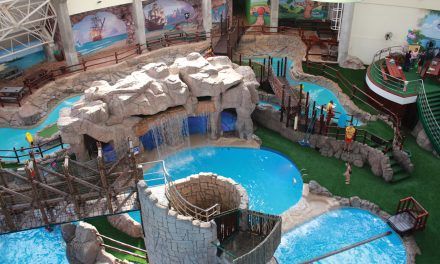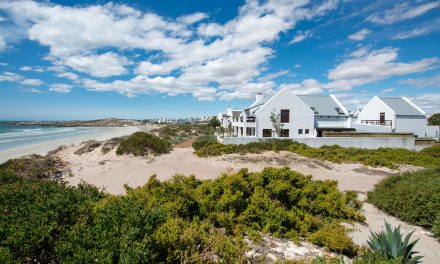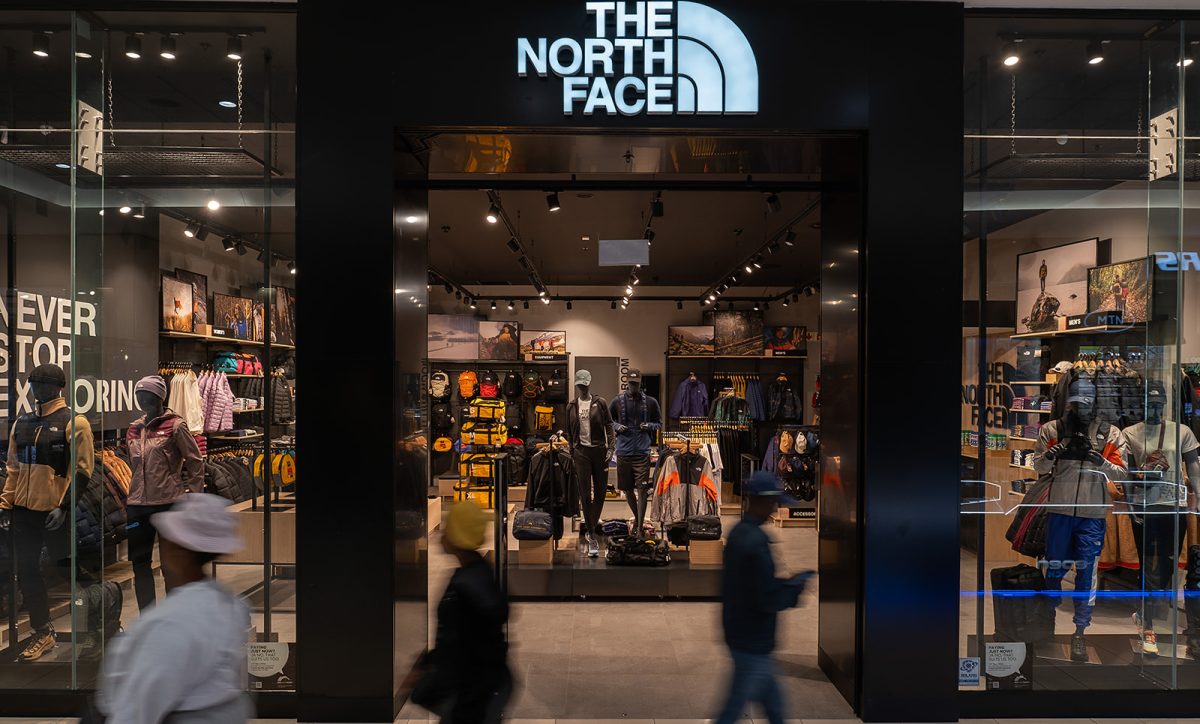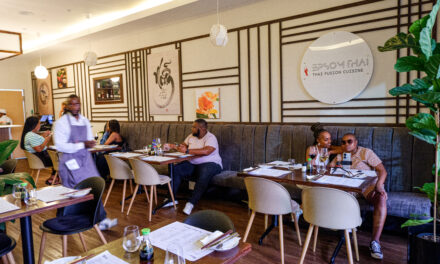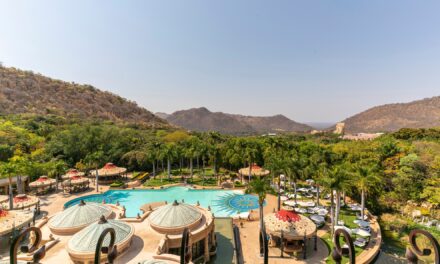By Marc Wachsberger – CEO of The Capital Hotels, Apartments & Resorts4

It’s no coincidence that September is the month we dedicate to celebrating our diverse cultures and heritage in South Africa, as well as a time to focus on the Tourism sector and its impact on the country’s economy. Tourism is part of the fabric of South Africa, not only because it contributes a great deal to the GDP but also because it’s the way we say ‘welcome’ to the rest of the world, inviting others to experience the magic of Mzansi alongside us.
As South Africa also celebrates 30 years of democracy this year, mapping the moments that brought us to where we are today is an important exercise, especially for those of us within in the tourism industry. Knowing where you come from is crucial in understanding where you’re headed.
The long walk to freedom
We’re all aware of South Africa’s painful history. Apartheid was a humanitarian crisis that rightfully left the country isolated from the rest of the world as a result of international economic sanctions from the 1960s to 1990s, but was also a major blow to South African tourism. Countries imposed travel bans, airlines shut down flight routes, and South African athletes were even banned from competing in the Olympics, which severely reduced our global visibility.
Only after apartheid ended in 1994 did South African tourism begin to recover, driven by the country’s reintegration into the global community and the lifting of sanctions. This led to a surge in international arrivals, growing from 3.4 million in 1993 to over 10 million by 2019. Tourism’s contribution to GDP increased from 4.6% in 1995 to around 8.7% by 2019, generating over R 130 billion in revenue annually and creating about 1.5 million jobs.
In the early years following the establishment of the Republic, South Africa began staking its claim on global tourism as host nation for the 1995 Rugby World Cup (and won spectacularly) and the 1996 Africa Cup of Nations. Our stamina and reputation as a tourism destination of choice was growing, and the 2010 World Cup was a huge win for the sector, attracting millions of tourists to our stunning shores.
Resilience in overcoming the effects of the pandemic
Of course, it hasn’t been smooth sailing all along. The Covid-19 pandemic and lockdown dealt a major blow to tourism, with many businesses having to shut down and let staff go. There are also the ongoing challenges that plague the country and deter tourism, including questions around safety and crime levels in certain areas of the country and our ailing national utilities that have left those in the hospitality sector who are not fortunate enough to have alternative power supply (and their guests) in the dark. Literally.
That being said, South Africans are known for our resilience and ‘glass half full’ approach to life, and the tourism sector is no different. Despite the challenges faced, The Capital continued forging ahead, opening a R205 million hotel in the heart of Mbombela that filled the gap in the local market for luxury accommodation catering to leisure and business travellers, both locally and internationally.
In fact, The Capital has been an ongoing tourism industry contributor, opening two new hotels on average across the country every year. This includes The Capital Zimbali, a renowned local property that was successfully rescued and reopened to the public, which opened amid the Covid-19 lockdown period and appealed to those looking to experience the idyll of the KwaZulu-Natal Dolphin Coast in the serene comfort of a truly remarkable and versatile hotel.
SA tourism is flourishing
There’s plenty to look forward to from a tourism perspective, including Envoyage 2025 and a number of MICE events between now and 2027, for which South Africa has secured exclusive hosting rights.
The recent (albeit controversial) remote work visa, which will be effective in less than 30 days according to Minister of Home Affairs Leon Schreiber is also a great drawcard for the sector, encouraging long-term tourism into the country, which (despite the challenges many have pointed to) will contribute greatly to tourism revenue, job creation, and improving global perceptions of our beautiful land.
And as the industry is increasingly acknowledged as a leader in providing job opportunities across the country, there are an increasing number of training and skills development programmes accessible to young people than ever before. Hotel School Academy by The Capital is a long-established and accredited body that has been at the forefront of equipping hospitality professionals with relevant, valuable skills.
Moving forward
The past 30 years have been filled with ups and downs, but we can and should use these as lessons in the development of the tourism sector in the future. From a sustainability perspective, focusing on eco-tourism and responsible travel is a must. This includes ensuring that travel and tourism prioritises protecting natural resources, community-based tourism, and reducing the carbon footprint of travel.
The Capital Hotels, Apartments, and Resorts has been committed to this journey, having invested over R10 million in alternative energy that will ensure that 80% of our properties will soon be powered entirely by the sun.
Working in tourism has never been this exciting and challenging – in a good way. From the untapped potential of South Africans to the possibilities that technology presents us with, the future is certainly bright for the tourism sector. An enabling regulatory environment, improved safety and security, enhanced infrastructure, a continual focus on sustainability and greater investments into embracing digital technologies will see the sector thrive in years to come.





